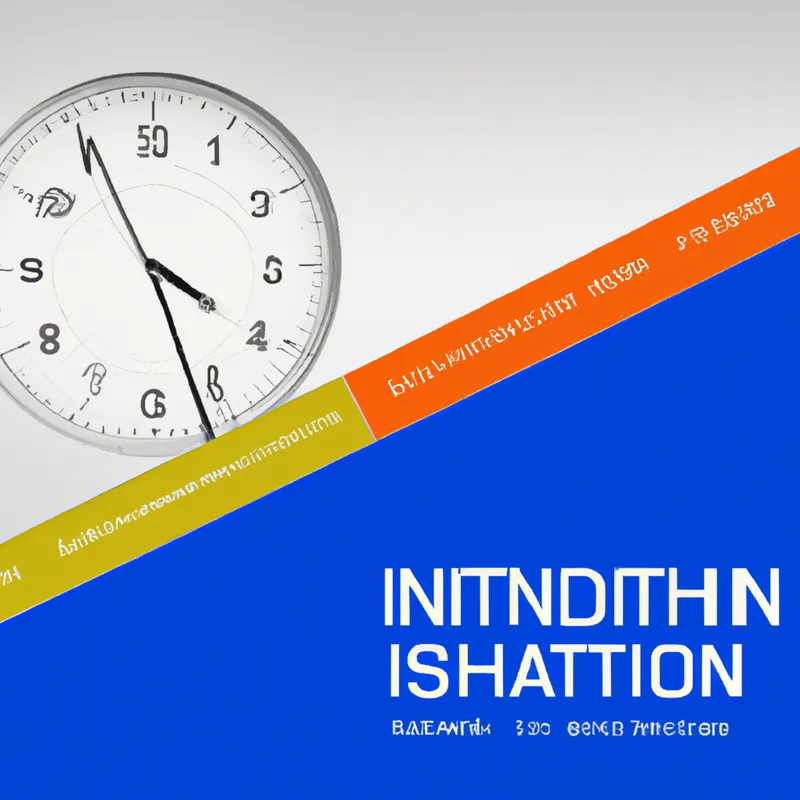Direct Nutritional Strategies for Athletic Gains
Nutritional Timing: The Science Behind Meal Scheduling for Optimal Athletic Performance
Athletic performance depends on training intensity, rest, and nutrition. Nutritional timing plays a crucial role in this. It emphasizes when you eat and how this timing affects performance, recovery, and success. Athletes can enhance performance, improve recovery, and maximize gains by scheduling meals strategically around workouts. Let’s explore the science of meal timing and its benefits for athletes.
Understanding Nutritional Timing
Nutritional timing involves consuming specific nutrients according to your training schedule. Research shows that meal timing significantly impacts athletic performance. This approach includes three key phases: pre-workout, during workout, and post-workout.
Pre-Workout Nutrition
Eating before exercise fuels the body. A well-timed pre-workout meal enhances energy levels and prepares the body for physical demands. Focus on carbohydrates for quick energy and protein for muscle support.
**Timing and Composition:** Athletes should consume a balanced meal 2-3 hours before training. This timing allows for digestion and absorption. A meal rich in complex carbohydrates and moderate protein sets the stage for optimal performance.
If time is short, a small snack 30-60 minutes before the workout works too. Options like a banana, toast with peanut butter, or a protein shake provide quick energy without sluggishness.
Nutrition During Workouts
Nutrition during extended workouts, especially those over an hour, becomes crucial. Consuming carbohydrates during exercise maintains energy levels and prevents fatigue. Sports drinks, gels, or energy chews offer convenient energy replenishment.
**Recommended Intake:** Endurance athletes should consume 30-60 grams of carbohydrates per hour during prolonged activities. This intake sustains energy levels, improves performance, and delays fatigue. Staying hydrated is also critical. Athletes should drink water or electrolyte-rich beverages to support performance.
Post-Workout Recovery
Post-workout nutrition is critical for recovery. After intense training, the body needs repair and replenishment. Consuming protein and carbohydrates within 30 minutes to two hours post-exercise is essential for effective recovery.
**Optimal Recovery Meal:** A good post-workout meal should contain a 3:1 ratio of carbohydrates to protein. This combination accelerates muscle recovery and replenishes glycogen. A protein shake with fruit or a smoothie serves as an ideal recovery meal.
Conclusion
Nutritional timing significantly impacts athletic performance and recovery. Athletes should consider meal timing to optimize their training outcomes.
Below are related products based on this post:
FAQ
What is nutritional timing and why is it important for athletes?
Nutritional timing involves consuming specific nutrients according to your training schedule. It is important for athletes because it significantly impacts performance, recovery, and overall success. By strategically scheduling meals around workouts, athletes can enhance their energy levels, improve recovery, and maximize training gains.
What should athletes eat before a workout to optimize performance?
Athletes should focus on a balanced meal rich in complex carbohydrates and moderate protein, consumed 2-3 hours before training. This timing allows for digestion and optimal energy levels. If time is limited, a small snack like a banana or a protein shake can be consumed 30-60 minutes before the workout to provide quick energy.
How does post-workout nutrition aid in recovery?
Post-workout nutrition is critical for recovery as it replenishes the body after intense training. Athletes should consume a meal containing a 3:1 ratio of carbohydrates to protein within 30 minutes to two hours after exercise. This combination accelerates muscle recovery and replenishes glycogen, helping athletes recover more effectively.















Post Comment